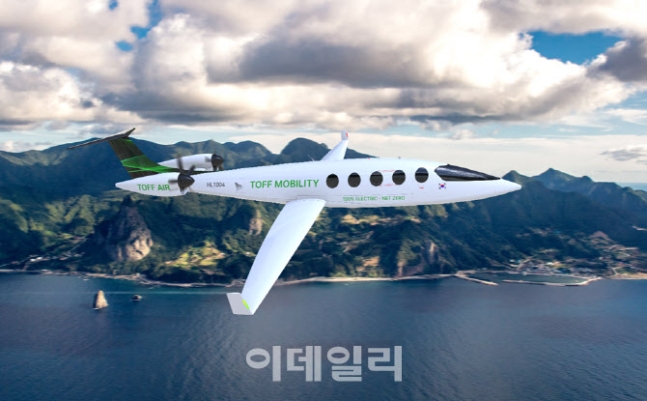Companies that vertically rise in Velho compared to the previous
round of investment attraction such as Wimit Mobility and Chabot Mobility also implement
initial investments related to future
mobility "expandable with mobility, manufacturing, and services."
[E-Daily Marketin Reporter Song Jae-min] Recently, investment in mobility startups has been concentrated amid high interest rates and the continued economic recession. This is because the demand for future mobility technologies and services is increasing in line with the changed mobility environment since COVID-19.
|
According to the venture investment industry on the 2nd, Wimit Mobility, which operates artificial intelligence (AI) mobility solution Ruti, attracted 20 billion won worth of Series B investment. Korea & Company (Korea Precision Works), Kiwoom Investment, Base Investment, and BA Partners participated in this round. Among them, BA Partners is a house that also participated in the Series A investment round last year.
Wimit Mobility received the attention of venture investors as demand for quick commerce such as same-day delivery and early morning delivery, which spread after COVID-19, expanded. Wimit Mobility, which has grown its business by attracting seed investment in 2019, has a technology that automates the path creation and distribution of cargo vehicles by incorporating AI technology into the transportation management system field. It also provides control services that control temperatures that are important in food and medicine transportation and services that enable same-day delivery in Jeju Island.
Around the same time, mobility life platform Chabot Mobility also raised investment by attracting 12 billion won worth of Series C investment. Hanwha Investment & Securities, Hyundai Investment Partners, GLK Equity Partners, Hana Ventures and Quantum Ventures Korea participated in the series C round. The cumulative investment amount of Chabot Mobility has reached KRW 22.5 billion. In the Series C round, it is said to have been recognized for a corporate value that is nearly twice as high as the Series B round in 2021.
Early round investments were also often made. WEFLO, a company specializing in future aviation mobility AI, recently completed the investment attraction of 2.5 billion won in Pre-Series A Bridge. The investment brought WEFLO's cumulative investment attraction to KRW 6.3 billion, and existing investment companies Lotte Ventures, IBK Industrial Bank, and new investment company Stone Bridge Ventures participated. Starting with Hanwha System's in-house venture, WEFLO is developing fusion sensors and AI technologies that can check the condition of future mobility gases such as drones, air taxis, and electric vehicles in a non-contact manner within 10 seconds.
Electric plane startup Top Mobility has attracted seed investments from impact investors Picnic Ventures and Next Dream Angel Club. Top Mobility not only introduces Korea's first electric plane and makes its name known that it is in the process of commercialization for the first time in Asia, but also provides total solution services from electric plane distribution to integrated management.
It is pointed out as a regret that most of them are late-stage corporate investments. Since the mobility industry is still in its infancy, investment in early companies is more important for the development of the industry. Even during the period of the spread of COVID-19, domestic VCs invested in the mobility industry, but most of them were in the late stages.
"Mobility is an area that will inevitably attract more attention in the venture investment market in the future," a venture investment industry official said. "When new mobility emerges, it is highly scalable and has a high opportunity to create added value in manufacturing and services."

